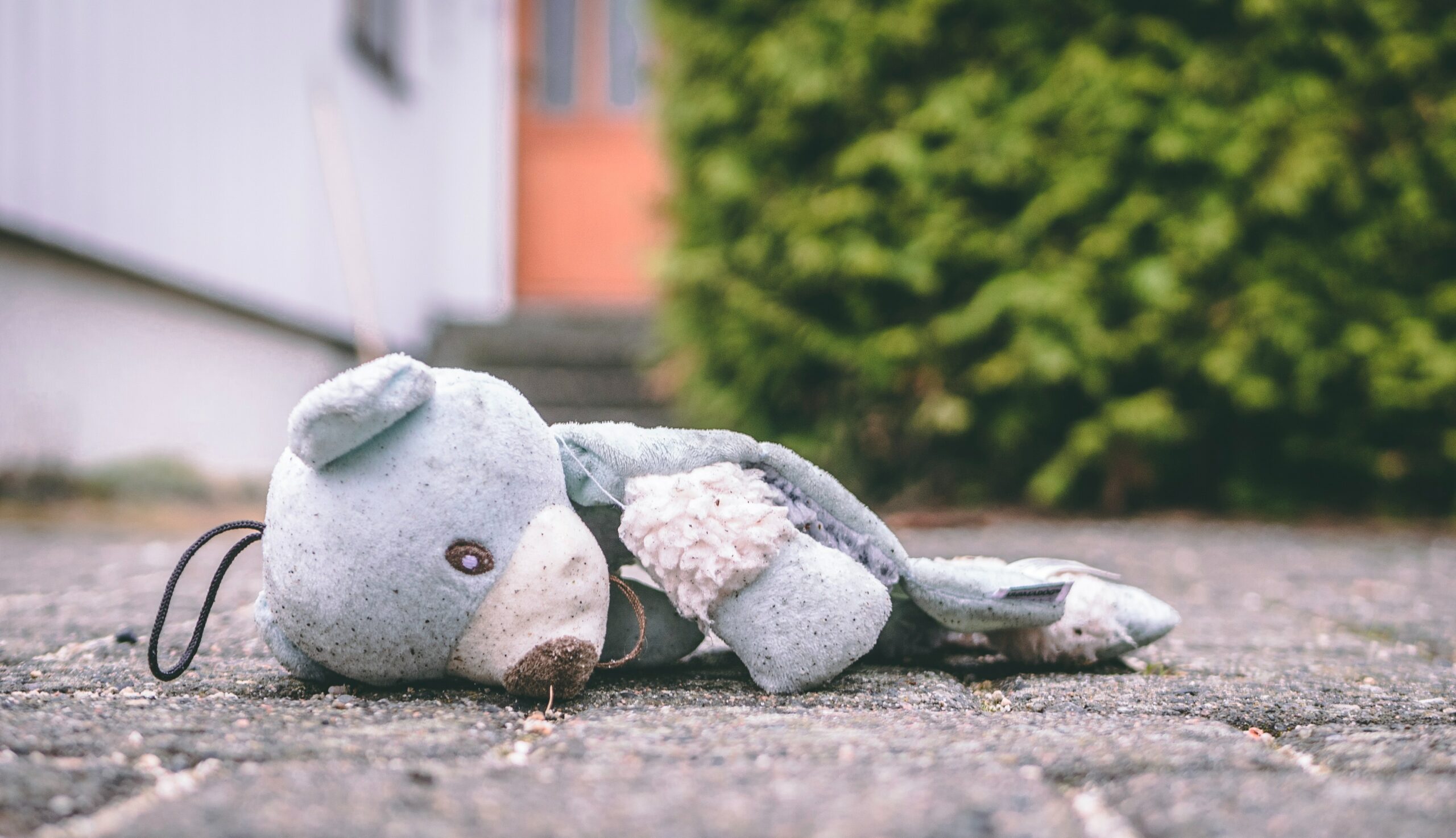
Children and teens are not immune to depression, and depression can become severe and lead to suicide. Depression among young people is common but frequently unrecognized. As adults, we often think the young people in our lives are lazy, self-absorbed, bored, or ungrateful. However, childhood depression is underdiagnosed because we believe our children are going through a ‘moody phase.’ The clinical spectrum of depression can range from simple sadness to major depressive or bipolar disorder. Parents, teachers, or other adults in a child’s life significantly impact the child’s outcome. We can’t always prevent children from becoming depressed; however, it is possible to avoid further complications associated with depression and provide healing through teaching coping skills and techniques when treatment is provided early on.
A child or teenager who is depressed might have any of the following symptoms: refuse to go to school, isolate themself, exhibit aggressive behavior, sleep more than usual, have other unusual sleep patterns, become involved with alcohol or drugs, change their standard behavior patterns, or display a combination of symptoms.
Try to open an avenue of conversation with a child you feel has depression. Depression is a medical illness, and there should be no stigma attached. It is essential to talk about it and vital to receive treatment. Talking to your child can give you a bigger picture of the situation and help you seek professional assistance.
- Is your child withdrawn?
- Do they interact with friends?
- Are they being bullied?
- Is their academic performance declining?
If your child is suffering from depression, it is vital to speak to a specialist.
Suicide is now a leading cause of death among adolescents. It is crucial to provide children with routine mental health checkups or screenings when they exhibit symptoms of depression or if they experience traumatic situations or upheaval in their lives. Talk to your children about the importance of keeping a healthy mind and body. We protect and seek healing for our physical bodies; we should do the same for our minds. Regular conversations around this topic will help reduce the stigma. Stigma is a common barrier to getting help for depression and other mental health disorders.
If you believe you or your child could be experiencing symptoms of depression, don’t hesitate to get in touch with Shield-Bearer today: 281-894-7222